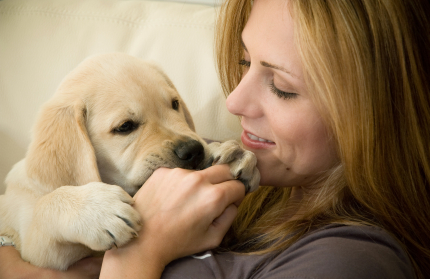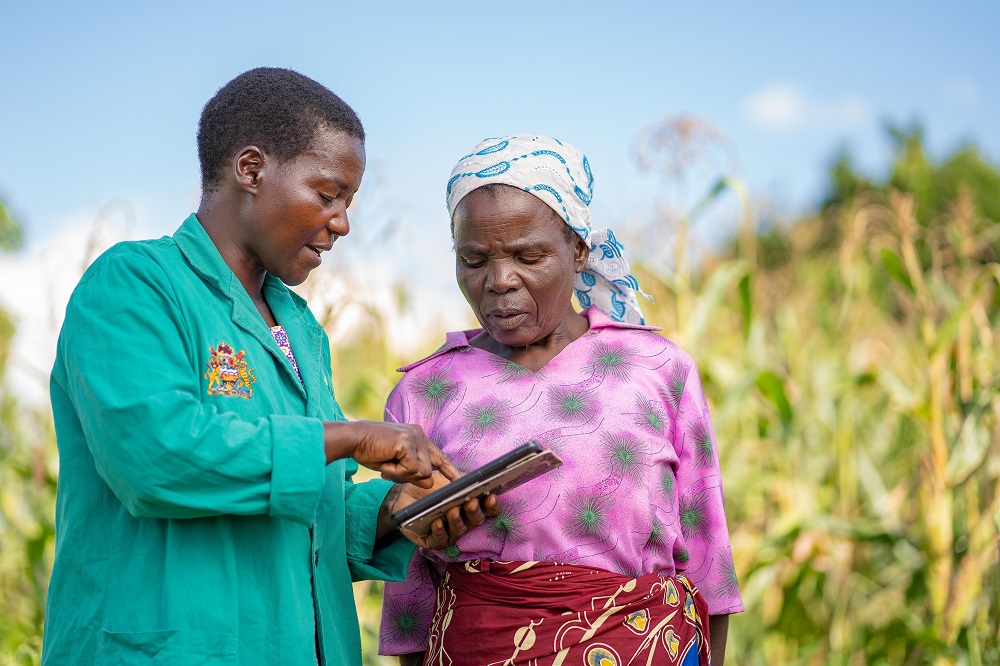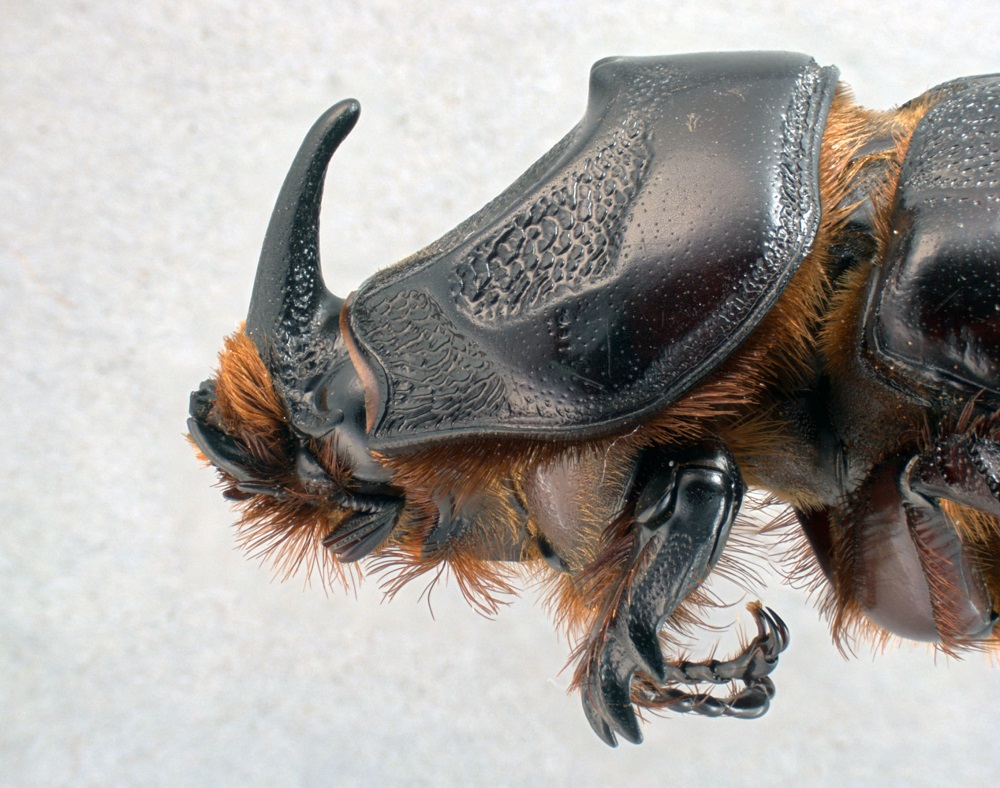To Bite or not to Bite: Teaching Puppies to Bite Safely
Peggy Adams Myers, CCS The initial phone intake with a client whose dog has bitten and done damage can be emotionally charged. What caused their beloved pet to lash out like that? Are they going to be sued? And if it was the owner who was bitten, how will this affect their future relationship? Of... [Read More]

Peggy Adams Myers, CCS
 The initial phone intake with a client whose dog has bitten and done damage can be emotionally charged. What caused their beloved pet to lash out like that? Are they going to be sued? And if it was the owner who was bitten, how will this affect their future relationship?
The initial phone intake with a client whose dog has bitten and done damage can be emotionally charged. What caused their beloved pet to lash out like that? Are they going to be sued? And if it was the owner who was bitten, how will this affect their future relationship?
Of course there are many reasons why dogs bite and many things we can do to help avoid future bites. But when a dog has bitten and done damage, it’s too late to go back and change how hard the dog will bite if it should ever bite again. One of the hardest conversations I have with these clients is gently explaining why we can’t train their dog never to bite like that again.
This is why we stress with new puppy owners that the most important things they can teach their puppies aren’t sit, down, stay and come. Dogs of any age can learn these simple trained behaviors. Early puppy education needs to focus first on behavioral issues that correspond to critical developmental periods.
Acquired bite inhibition (ABI) is one of the most crucial of these, and refers to a dog’s ability to learn how hard to bite without causing damage. This must happen before the puppy gets adult teeth. A dog that does not begin to learn about biting before age 18 weeks is a danger to others, and is significantly more likely to be euthanized later in life.
Puppies begin learning not to bite hard from their mother and littermates. Biting that causes pain is answered by a squeal from other puppies who then move away from the offending puppy, ending play. Biting too hard while nursing can lead to withdrawal by the mother and a sudden end to the meal.
Puppy playgroups play a vital role in teaching a puppy how to bite properly. This is much more important to a dog’s life expectancy than protecting them from communicable diseases by keeping them away from other puppies. Appropriately vaccinated puppies should be enrolled in a playgroup or puppy class that includes lots of play as early as 8 weeks of age.
Contrary to what you may have heard, a puppy needs to have the opportunity to “bite” human hands during this critical learning period. Using the same “warn and withdraw” technique, you can teach your puppy how to have a “soft mouth”. Many people aren’t very good at squealing like a puppy, but using a marker like “too bad” and withdrawing from play is easy to do. Puppies who learn the difference between biting that hurts and play biting are said to have “acquired bite inhibition”.
Young puppies who aren’t allowed to practice biting don’t have the opportunity to develop ABI. As adult dogs, they won’t know how to bite without causing damage. If injured or threatened, a dog without ABI is likely to cause serious damage if they do bite. In the same circumstances, a dog with ABI may bite, but is unlikely to bite hard enough to cause serious damage.
Once a dog has learned as a puppy not to bite hard, it’s time to work on teaching the dog not to bite or put teeth on human skin. This is known as “jaw prudence”. Just as you stopped playing with your puppy for a moment for biting too hard, you can then do this for anytime the puppy puts teeth on human skin. Playing “Tug with Rules” with your puppy is a great way to teach jaw prudence.
- Use a designated tug toy that is put away when you are done
- Teach your puppy to take the toy only when invited
- Teach your puppy to drop the toy on command by immediately giving it back as a reward
- End play if the puppy’s teeth touch your skin
- When the game is over, trade for a different toy
- Take frequent breaks to practice obedience
Given the opportunity to teach all puppies acquired bite inhibition and jaw prudence, we could significantly reduce the number of dog bite injuries and save owners and their beloved dogs from the emotional and legal consequences of a damaging bite.















